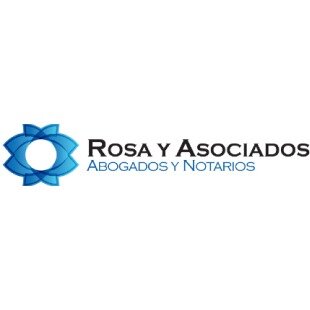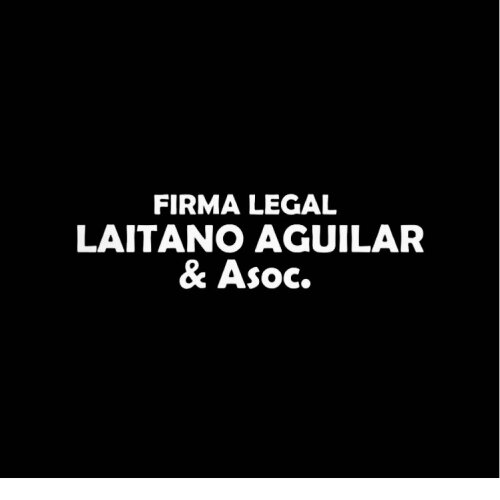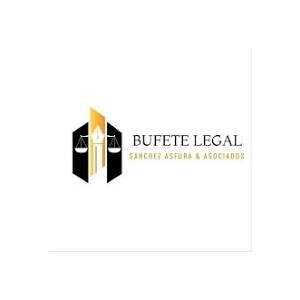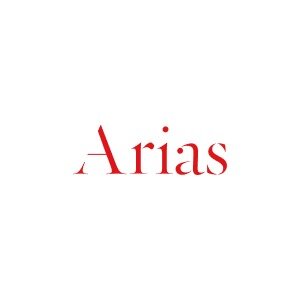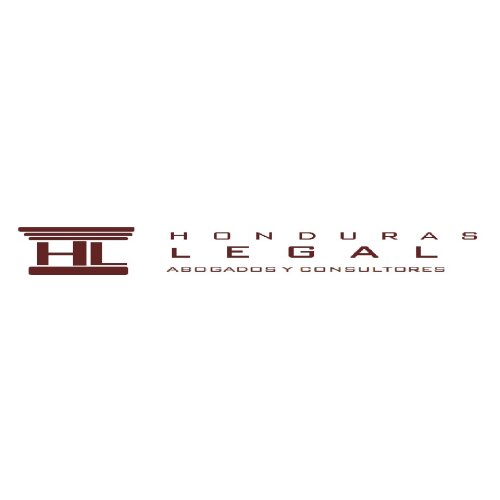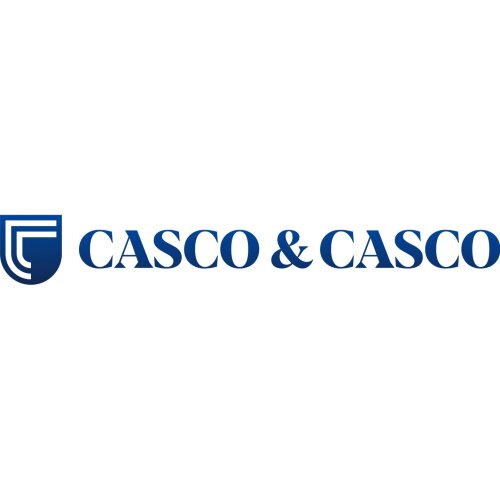Best Energy Regulatory Law Lawyers in Tegucigalpa
Share your needs with us, get contacted by law firms.
Free. Takes 2 min.
List of the best lawyers in Tegucigalpa, Honduras
About Energy Regulatory Law in Tegucigalpa, Honduras
Energy Regulatory Law in Tegucigalpa governs the generation, transmission, distribution, commercialization, and consumption of electrical energy. It establishes the legal framework for how private and public entities can participate in the energy sector while ensuring compliance with national energy policies. The overarching goal is to guarantee access to reliable, affordable, and sustainable energy in adherence to environmental and social standards. Regulatory agencies, especially the Comisión Reguladora de Energía Eléctrica (CREE), oversee these legal frameworks, working alongside the Empresa Nacional de Energía Eléctrica (ENEE) and other government institutions.
Why You May Need a Lawyer
Legal guidance in Energy Regulatory Law can be essential for various reasons. Common situations where you may need a lawyer include establishing a new energy project, negotiating energy supply contracts, obtaining regulatory approvals, handling disputes over energy tariffs, understanding compliance obligations, and addressing allegations of non-compliance or environmental violations. Lawyers with expertise in this field can also assist with due diligence during mergers, acquisitions, or investments within the energy sector. Additionally, both businesses and individuals may require legal advice to resolve issues related to service interruptions, billing discrepancies, or proposed reforms affecting energy rights and obligations.
Local Laws Overview
Key aspects of Energy Regulatory Law in Tegucigalpa are centered around several statutes and regulations. The primary law is the Ley General de la Industria Eléctrica, which sets out the rules for the generation, transmission, distribution, and commercialization of electricity. The CREE is responsible for ensuring regulatory compliance, approving tariffs, and resolving disputes. ENEE plays a dual role as a generator and distributor of energy. Other relevant legal aspects include environmental impact assessment requirements, procurement procedures for energy projects, renewable energy incentives, and consumer protection laws. Recent energy reforms seek to encourage private investment, expand renewable energy, and modernize grid infrastructure while safeguarding the interests of end users and promoting sustainability.
Frequently Asked Questions
What is the role of the Comisión Reguladora de Energía Eléctrica (CREE)?
CREE is the regulatory authority responsible for overseeing compliance with energy laws, approving energy tariffs, ensuring transparency in the sector, protecting consumer rights, and resolving disputes between sector participants.
How can I obtain a permit for an energy project in Tegucigalpa?
To obtain a permit, you must submit a project proposal to CREE for regulatory approval. This process often requires an environmental impact assessment, proof of technical and financial capacity, and fulfillment of legal requirements under the Ley General de la Industria Eléctrica.
Who is responsible for setting electricity rates in Tegucigalpa?
The electricity rates are proposed by service providers but must be reviewed and approved by CREE to ensure they are fair, reasonable, and in compliance with local regulations.
What legal rights do energy consumers have in Tegucigalpa?
Consumers are entitled to receive safe and efficient energy services, transparent billing, and mechanisms for dispute resolution. They may also file complaints if they experience service interruptions or unfair practices.
Are there incentives for renewable energy projects?
Yes, the government offers incentives such as tax exemptions and preferential tariffs for renewable energy projects, especially those that contribute to energy diversification and sustainability.
What is the procedure for filing a complaint about energy service?
You should first submit a written complaint to your service provider. If the issue is not resolved, you may escalate the complaint to CREE for investigation and mediation.
Can private companies operate in the energy sector?
Yes, private companies can participate in energy generation, transmission, and distribution under specific licensing and regulatory requirements set by the Ley General de la Industria Eléctrica and supervised by CREE.
What environmental regulations apply to energy projects?
All energy projects must comply with national environmental laws, which require environmental impact assessments and adherence to environmental protection standards before project approval.
Are there specific regulations for distributed generation or self-generation of electricity?
Yes, there are regulations permitting consumers or companies to generate their own electricity, including from renewable sources, provided they follow CREE guidelines and obtain any necessary authorizations.
How are energy sector disputes resolved?
Disputes in the energy sector are typically resolved through administrative processes overseen by CREE. Parties can also seek judicial resolution if administrative remedies are exhausted or unsatisfactory.
Additional Resources
- Comisión Reguladora de Energía Eléctrica (CREE): The main regulatory authority for energy matters. - Empresa Nacional de Energía Eléctrica (ENEE): State-owned company responsible for electricity generation, transmission, and distribution. - Secretaría de Estado en el Despacho de Energía: The government ministry in charge of national energy policy. - Colegio de Abogados de Honduras: The national bar association for finding qualified energy law specialists. - Local chambers of commerce: Can provide information on legal and regulatory compliance for businesses in the energy sector.
Next Steps
If you need legal assistance in Energy Regulatory Law in Tegucigalpa, start by gathering all relevant documents related to your issue or project. Identify your specific legal needs such as regulatory compliance, permits, disputes, or contract negotiations. Contact a qualified lawyer or law firm with experience in energy law. The Colegio de Abogados de Honduras and regulatory bodies like CREE can be valuable sources for recommendations. Prepare a list of questions and goals to discuss. Stay informed on regulatory updates and maintain communication with your legal advisor throughout the process to ensure full compliance and protect your interests.
Lawzana helps you find the best lawyers and law firms in Tegucigalpa through a curated and pre-screened list of qualified legal professionals. Our platform offers rankings and detailed profiles of attorneys and law firms, allowing you to compare based on practice areas, including Energy Regulatory Law, experience, and client feedback.
Each profile includes a description of the firm's areas of practice, client reviews, team members and partners, year of establishment, spoken languages, office locations, contact information, social media presence, and any published articles or resources. Most firms on our platform speak English and are experienced in both local and international legal matters.
Get a quote from top-rated law firms in Tegucigalpa, Honduras — quickly, securely, and without unnecessary hassle.
Disclaimer:
The information provided on this page is for general informational purposes only and does not constitute legal advice. While we strive to ensure the accuracy and relevance of the content, legal information may change over time, and interpretations of the law can vary. You should always consult with a qualified legal professional for advice specific to your situation.
We disclaim all liability for actions taken or not taken based on the content of this page. If you believe any information is incorrect or outdated, please contact us, and we will review and update it where appropriate.



